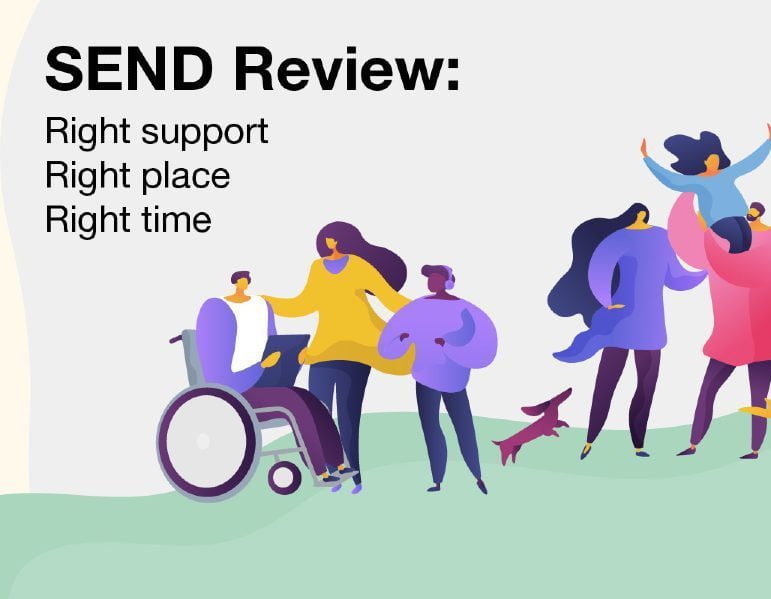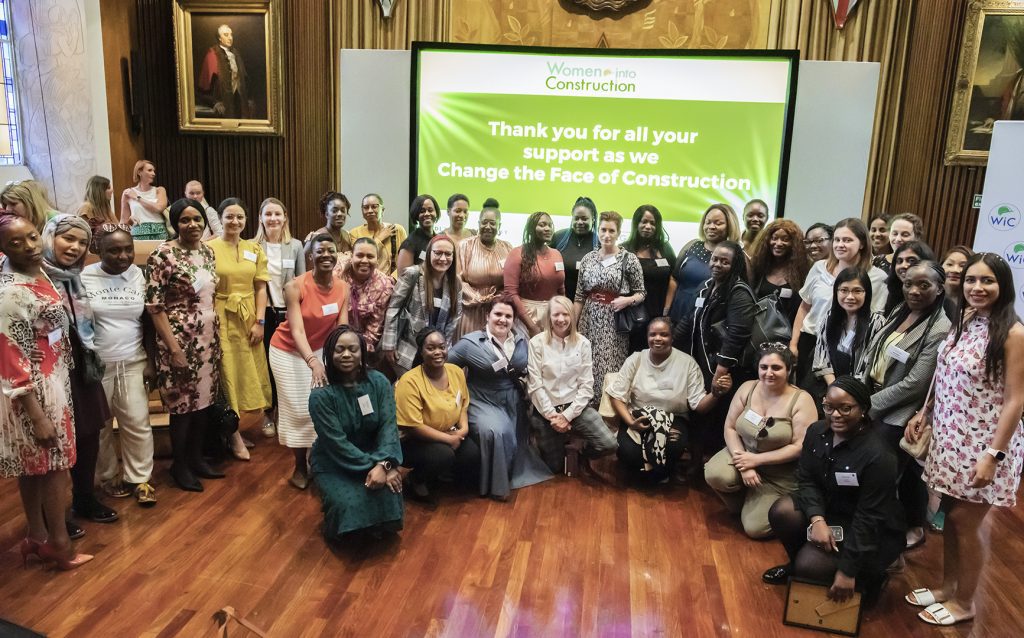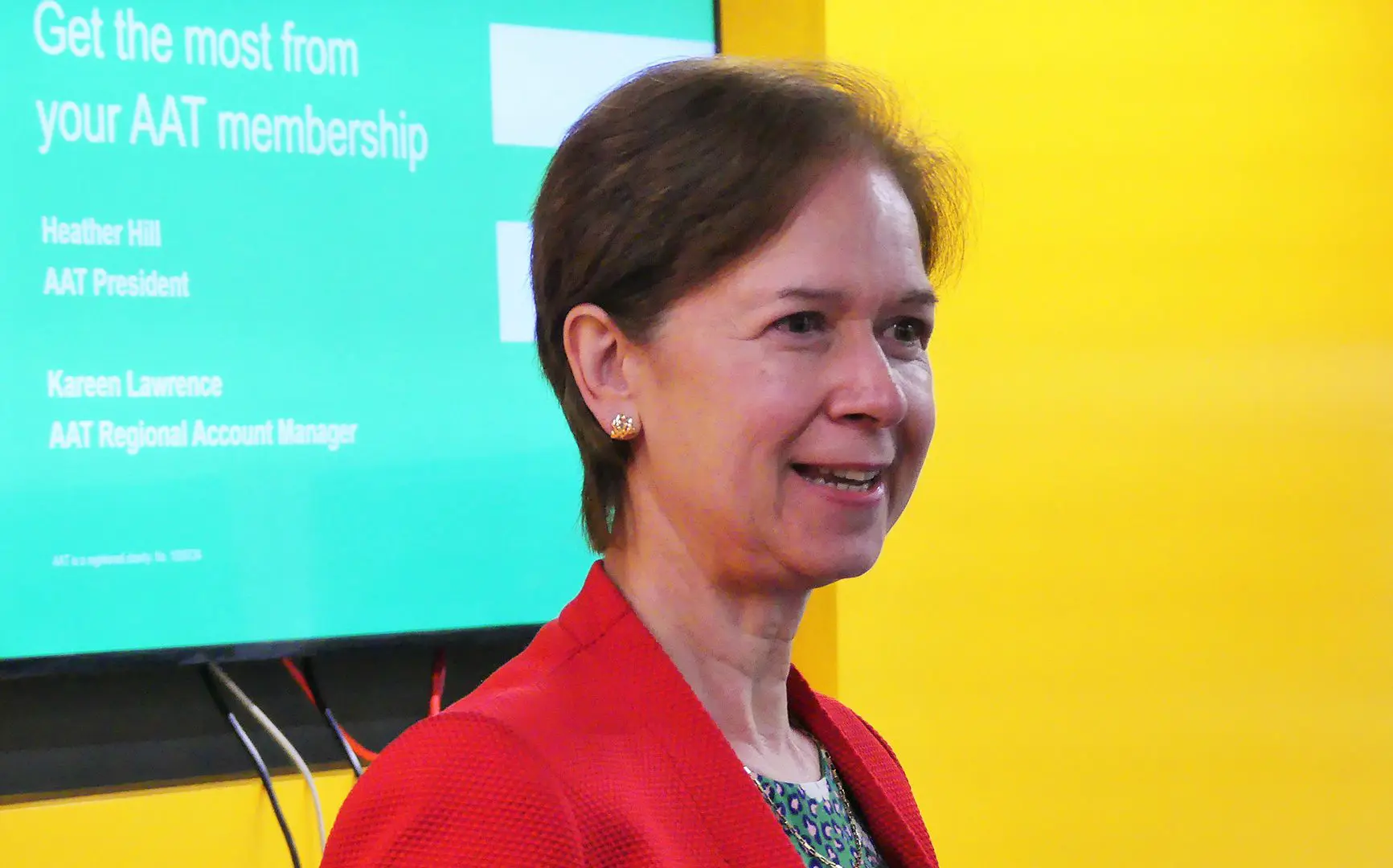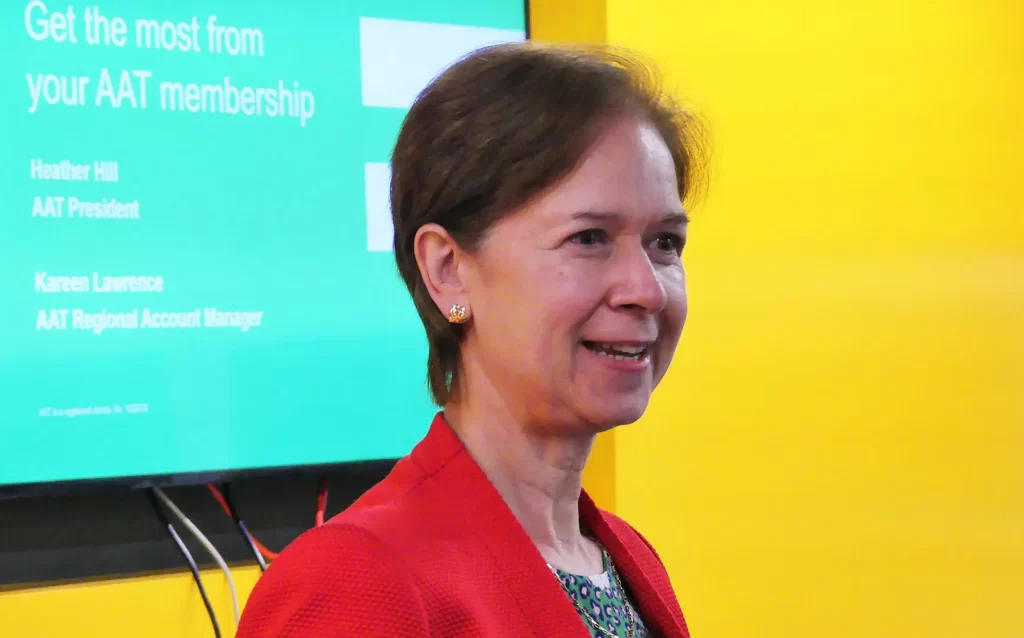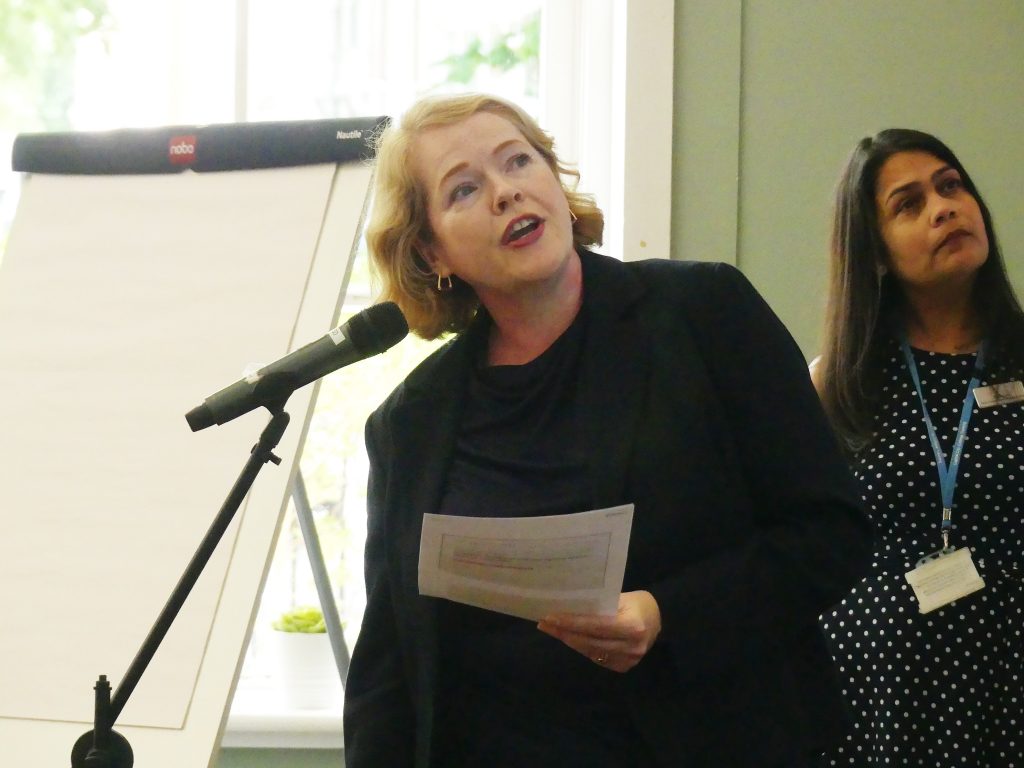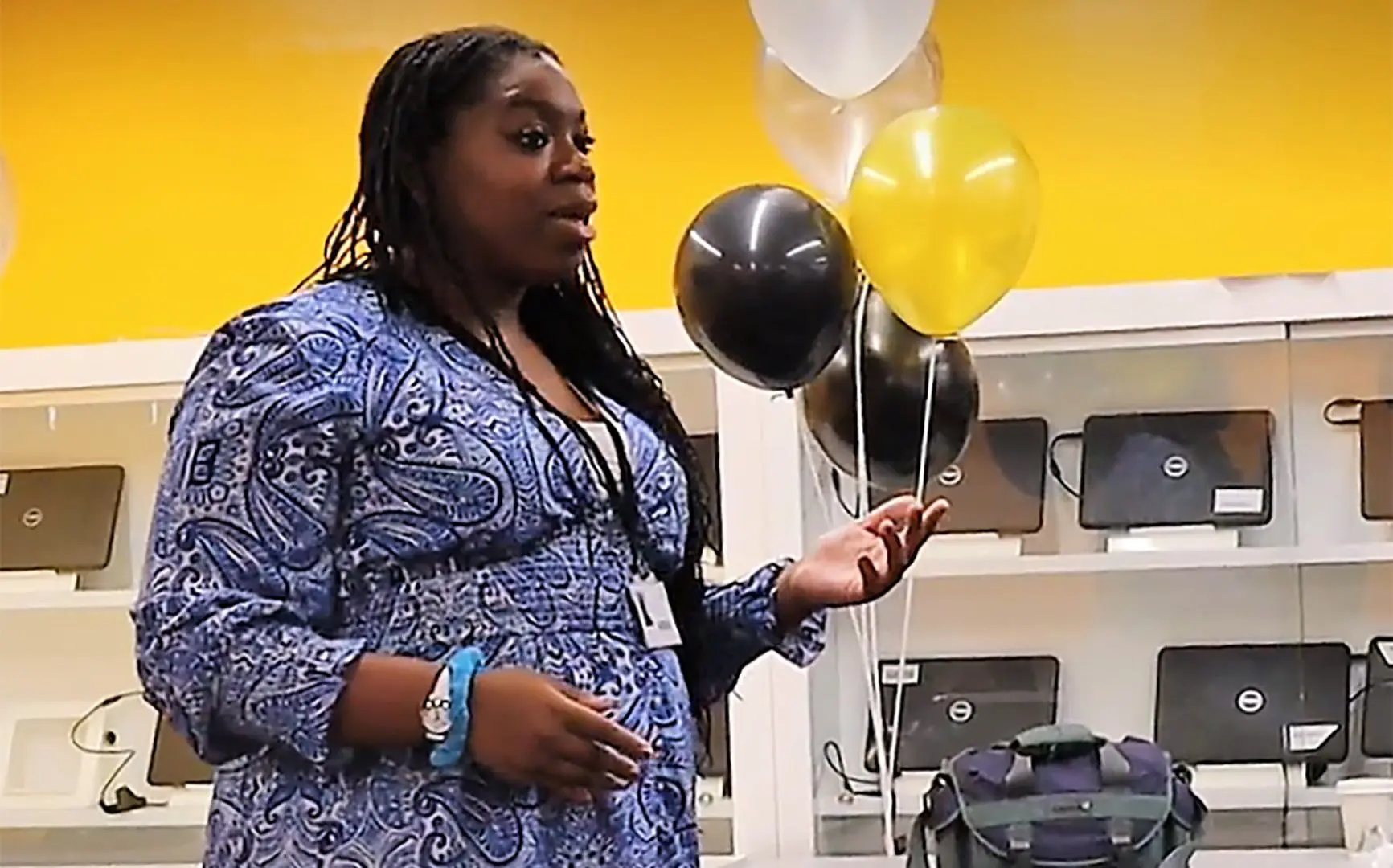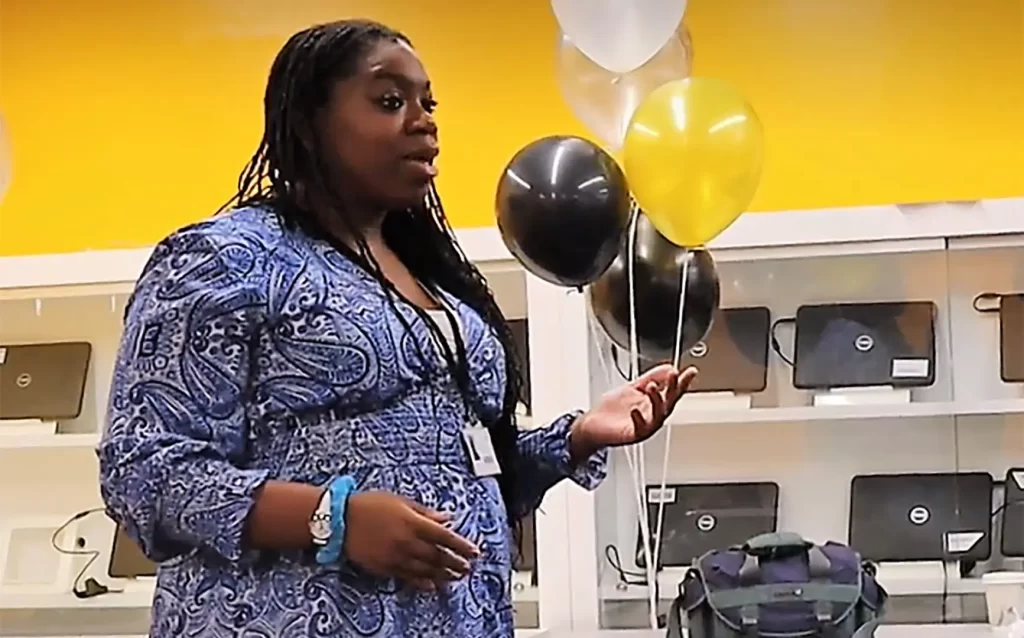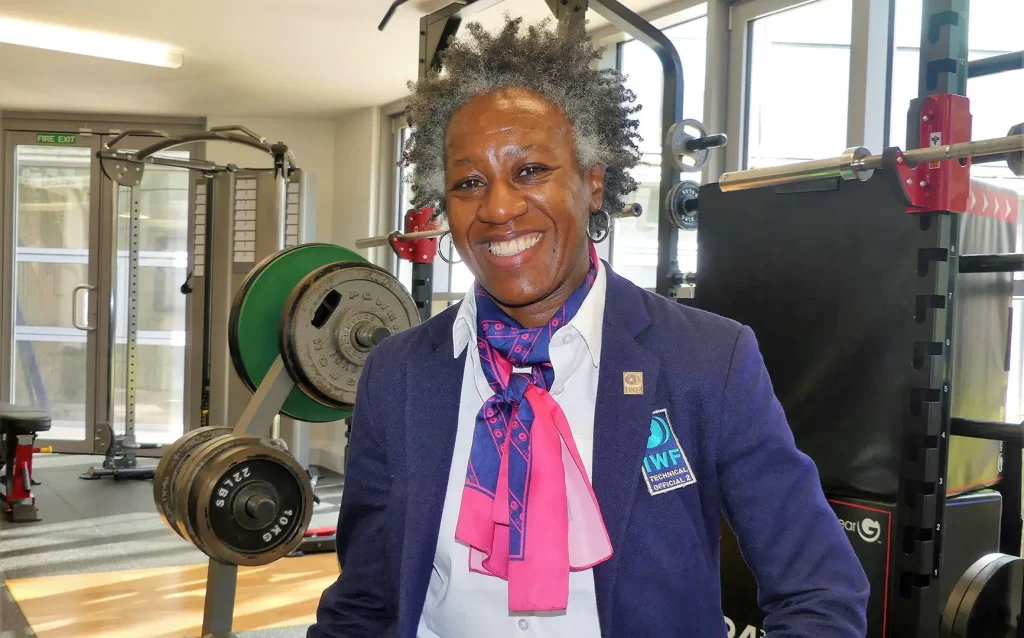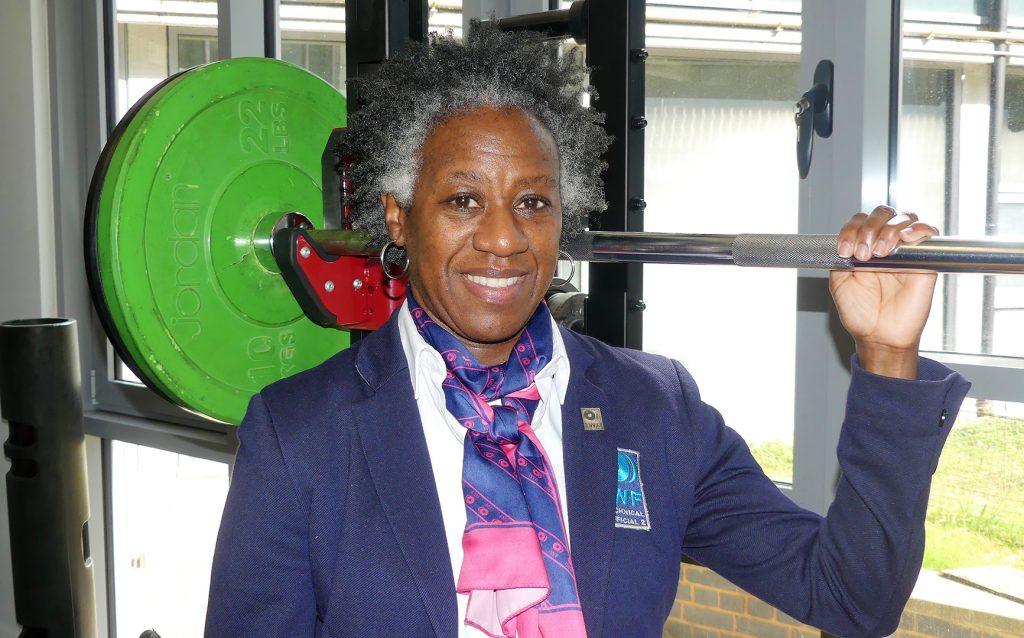
The Government’s SEND and Alternative Provision Green Paper and subsequent consultation, published in March 2022, are a missed opportunity for improving SEND and Alternative Provision.
The proposals are quite vague, but the fundamental problem with them is that they are more focused on changing the current system for children, young people and their families.
On the face of it, that may seem like a good idea, but as we see it, the current system is not the problem – it’s how it is implemented that is our main concern.
For example, the Green Paper makes proposals for developing new national standards to ensure improved outcomes and experience for children and young people. However, there is already a clear national SEND framework in place. The problem is local authorities do not fulfil their legal duties in providing the adequate support and assistance required of them. What difference will a new national standard structure make, where many local authorities already struggle to deliver the current one? How will they be held accountable for their failures to prevent thousands of families who are forced to go to tribunal every year?
We have 3,239 (10.8%) students aged 16 plus with SEND, with 600 learners with an education health and care plan (EHCP), and we’re proud of our provision. We work with 35 local authorities, which refer young people with SEND to us. The quality of the EHCPs that we get from local authorities – which are a vital component of their referrals – varies. Some of them are great, while others are less so. So, we know that accountability is key to improving the SEND system. What we need is an accountability framework which will force a change in local authorities. The Green Paper’s acknowledgment of accountability is poor at best – of the 22 questions in the consultation, not one addresses accountability. It also fails to offer ideas for what additional measures need to be put in place to ensure the accountability procedure is sound.
There are a range of ways that local authorities can be measured and held accountable for how they support children and young people with SEND in their areas, but the Government are looking to providers for ideas. Will Quince MP, Minister for Children and Families, has admitted that the Government must improve accountability but urged responders of the consultation to push him further on this and suggest additional approaches.
Clarity and consistency are essential – the SEND system will never work unless all local authorities deliver their legal duty. What we need is a cultural change; from teachers and local authorities to the general public, and that starts with the Government. Attitudes to SEND must change to ensure that there is a universal understanding of the lived experience of people with SEND so that their needs can be properly met.
The Green Paper also proposes a national banding system to education provision and its funding, but the proposal is incomplete and doesn’t go far enough. What about those students with the most complex and multiple needs, how will their requirements fit within a banding system? Care needs to be taken to ensure that any national banding and tariff system is flexible and does not cap support for children and young people with the most complex needs. The name says it all – ‘special educational needs’ – it is special. It is unique. It is individualised. A one-size-fits-all approach will not work.
The Green Paper discusses supported internships. These help SEND students into work and we think they are really valuable, as long as they are properly run and managed. We run fully-funded supported internships with good quality employers (read about supported intern Otis Smith here.), where SEND students get support from a job coach – this is a very good model for employers to follow and would help more SEND students make a successful transition from college to work.
However, not enough people with SEND benefit from a supported internship. Employers can claim £1,000 for taking on an apprentice, but nothing for a supported intern, so, to make supported internships more popular, we think that employers should be similarly rewarded.
The purpose of the SEND system is to ensure that children and young people with SEND are prepared for adulthood, – the Green Paper is too school-centric and as a further education college group this raises significant concern. In the 100-plus page document, only 2 pages mention further education and the preparation of children and young people for adulthood. This is disappointing as the country’s colleges play an important role supporting 16-25-year-olds with SEND and helping many get ready for the world of work.
Further education has long struggled with a lack of funding relative to schools, but they must be given the same backing and investment as schools to ensure they can best meet the needs of all their students, especially those with SEND.
Many further education colleges also run alternative provision, educating school-age children who would otherwise be excluded from school or be in a pupil referral unit. We feel that its focus should be on attempting to understand why a child cannot stay in a mainstream school, rather than managing behaviour which may have been as a result of their SEND needs not being met. We strongly feel that no child should be excluded or moved to alterative provision without first having a full education health and care assessment of their needs and the right provision made for them.
We feel that this would significantly reduce the number of exclusions from school, because those students – with an EHC assessment of their needs – would instead be able to receive the funding and support they need to remain in a mainstream setting. This is a stated aim of the Green Paper.
But as with many elements of current SEND provision, the primary challenge to alternative provision is that the frameworks in place are not being consistently monitored and adhered to. Any new frameworks must be rolled out nationally and supported by a monitoring and measurement regime which holds local authorities and providers to account.
It’s this measurement, monitoring and accountability – and how it is implemented – which hold the key to SEND success. Rather than the Government attempting to cover the cracks of the system, they need to address the root causes of the issues – particularly better monitoring and accountability, and the need for better and earlier intervention. These will only be achieved if local authorities and health care professionals and schools have the necessary knowledge and resources.
Ultimately the Green Paper leaves more questions unanswered than answered. We hope the Government listen to children and young people with SEND and their families, to understand what they need from the system, and not just use these reforms as a way to cut costs and continue to let down those who need it most.
See Capital City College Group’s response to the SEND and Alternative Provisions Green Paper here.

